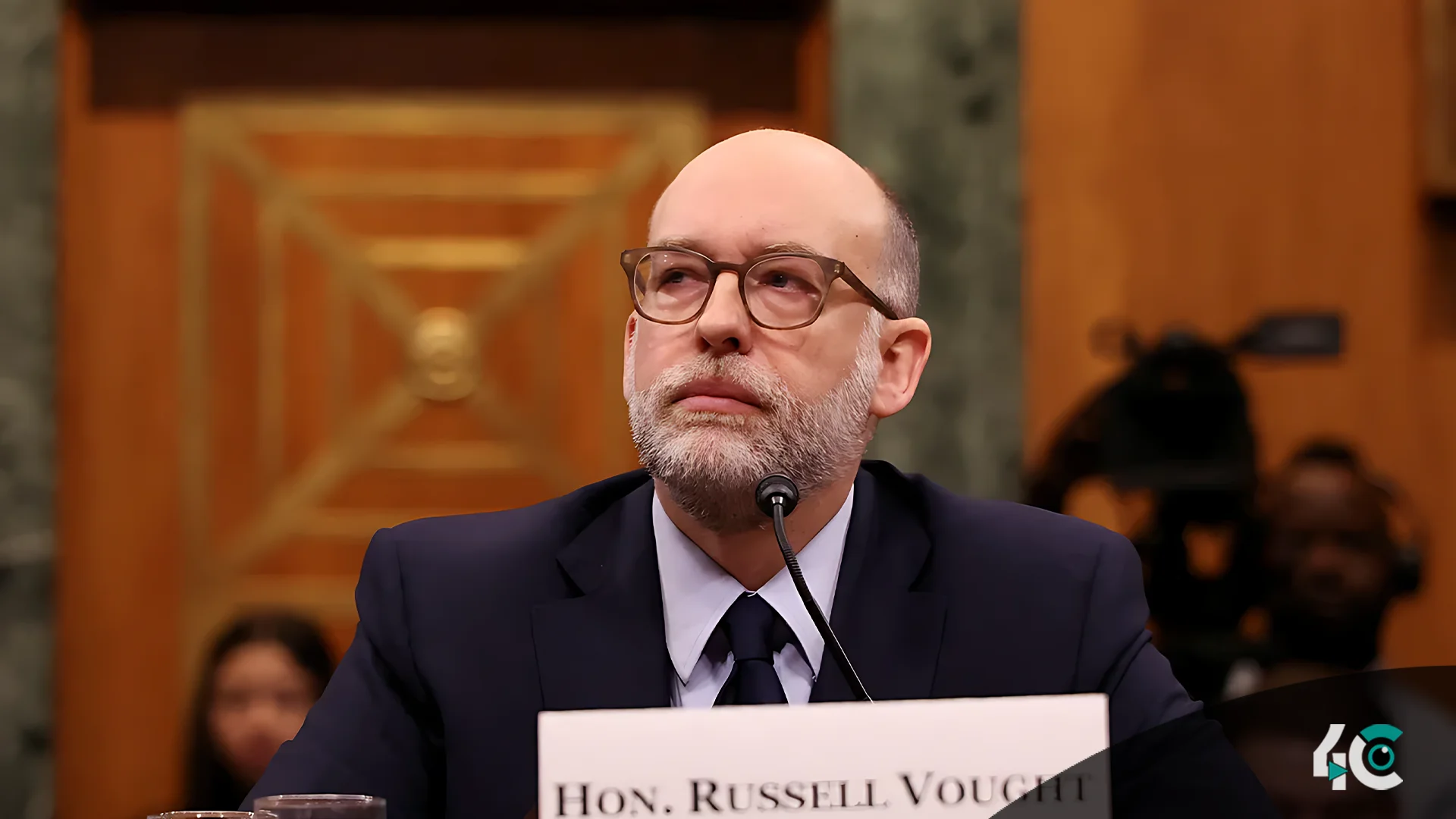The Trump-appointed CFPB chief, Russell Vought, has swiftly moved to halt the agency’s regulatory functions. Vought announced that he stopped additional funding for the CFPB and directed staff to cease all oversight activities.
“I have notified the Federal Reserve that the CFPB will not be requesting its next funding allocation, as it is not reasonably necessary’ to fulfill its duties,” Vought wrote in a post on X (previously Twitter) on February 9. He further justified the decision by pointing out that the bureau currently holds a balance of $711.6 million, which he described as excessive given the current financial climate.
Pursuant to the Consumer Financial Protection Act, I have notified the Federal Reserve that CFPB will not be taking its next draw of unappropriated funding because it is not "reasonably necessary" to carry out its duties. The Bureau's current balance of $711.6 million is in fact…
— Russ Vought (@russvought) February 9, 2025
The Consumer Financial Protection Bureau was established to regulate financial institutions, such as banks and money transfer services, in order to avoid unfair and predatory practices, particularly those that contributed to the 2008 financial crisis. In addition, the organization handles consumer complaints against bitcoin exchanges situated in the United States.
The decision to reduce the CFPB’s functions comes after business pushback, particularly from the cryptocurrency sector. The agency had planned to regulate monitoring for cryptocurrency wallet providers in 2023, but ultimately abandoned the effort due to backlash. Recently, technology trade groups filed lawsuits against the CFPB, questioning its power.
According to reports, Vought issued an internal memo instructing staff to “cease all supervision and examination activity,” effectively freezing regulatory actions. Employees were also told to suspend new investigations, stop issuing regulations or recommendations, and avoid making public pronouncements. Furthermore, a brief closure of the CFPB’s headquarters forced workers to work remotely.
The CFPB, unlike other federal agencies, is funded directly by the Federal Reserve, rather than through congressional appropriations. Vought, who also serves as the director of the White House Office of Management and Budget, described this funding model as a source of unaccountability that needed to be addressed.
His leadership appointment follows the brief tenure of Treasury Secretary Scott Bessent, who had been overseeing the CFPB after the departure of Rohit Chopra. Vought’s past involvement in initiatives aimed at restructuring the U.S. government suggests his actions may align with broader efforts to shift regulatory power.
Critics argue that the decision to halt the CFPB’s activities removes critical consumer protections. Dennis Kelleher, co-founder of the advocacy group Better Markets, expressed concern that these actions leave everyday Americans vulnerable to financial misconduct. “This attempt to dismantle the consumer bureau is a direct attack on working-class Americans who rely on fair financial practices,” said the minister.
The move is expected to face legal and political challenges, with consumer advocacy groups and lawmakers pushing back against the sudden reduction in federal oversight of financial institutions.


































